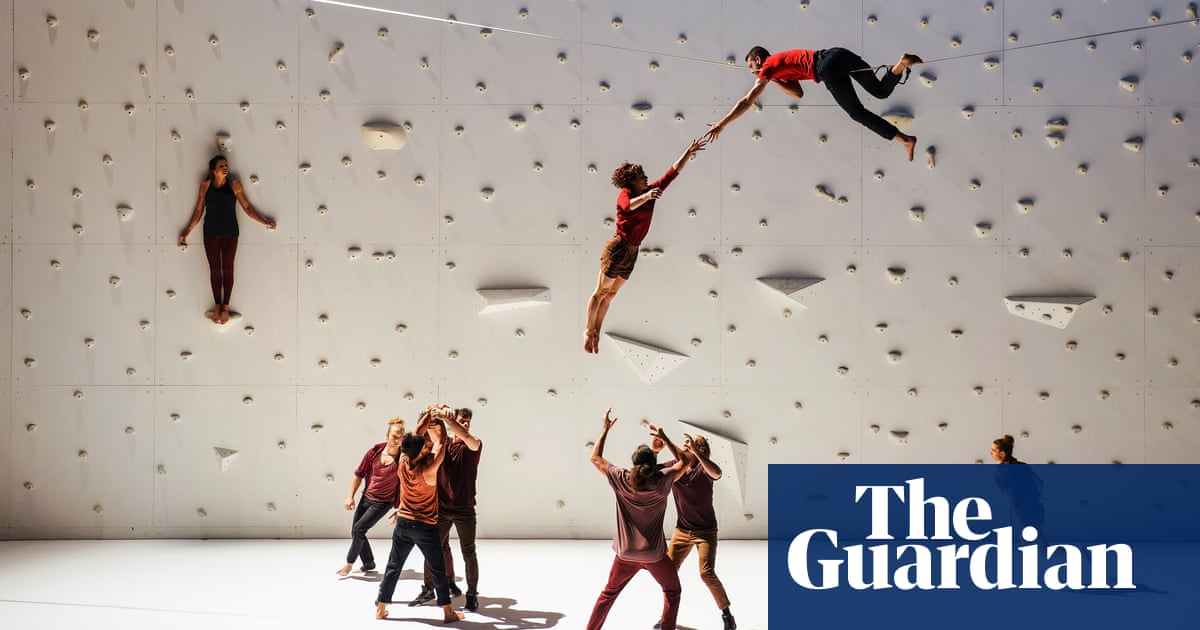
ntil we boarded the plane, I didn’t believe we’d ever make it to France for a long-planned stay with friends. But we did, and here we are, and everything is at once the same and yet strangely changed. Bouncing across the sound from the mainland to the island of Porquerolles, I was startled out of a soaring sense of happiness by the sight of an open-top ferry on which every passenger was wearing a mask. Normally, I’m the kind of goof who waves at people on boats, but an invisible hand stopped me this time.
I don’t believe travel broadens the mind (I’ve met too many expats), but I do relish the small discoveries you sometimes make while away. My find this year is an environmentally sound French tonic water called (brilliantly) Archibald, whose delicious bitterness is derived from gentian, not quinine, and which comes in an ineffably chic little bottle emblazoned with a French tricolour. When I get home, my dastardly plan is that – mais oui! – Archibald will replace Schweppes as my mixer of choice.
A sing and a prayer
Thankfully, the catastrophe feared by my mother has not come to pass. John Lewis will reopen its Sheffield store; its haberdashery will fight another day. However, something that may turn out to be far more significant in terms of the city’s life has happened instead: the cathedral is to disband its choir. There is, we read, to be a “new model” for choral life in Sheffield, one that will, apparently, involve “renewed ambition for engagement and inclusion… flexibility, imagination and experiment”.
I have strong feelings about this decision, and not only because the choristers had little or no warning of what was about to happen. Thanks to Covid-19, choral singing, a gateway drug when it comes to bringing the young to classical music, is under threat everywhere. How appalling, then, that the cathedral’s chapter would choose this moment of all moments to take such drastic action and how wearying of it to fall back on the word “elitist” to justify doing so. Choirs have nothing whatsoever to do with the failure of the church to grow its flock; quite the opposite, in fact.
But there’s something else, too. I remember another of the diocese’s periodic drives to attract the young to Anglicanism. In 1986, just as I was beginning my A-levels, a group established the Nine O’Clock Service at St Thomas’ church in Crookes, an event that famously piggy-backed on rave culture. Impressed by its groovy, rapidly growing membership, the then bishop of Sheffield, David Lunn, endorsed it, sanctioning its move to a city-centre sports complex, where its service was subsequently known as the Planetary Mass. This was all slightly comical, until, that is, allegations of sexual abuse by its ordained leader, Chris Brain, emerged in 1995, at which point the whole cult-like extravaganza had rather quickly to be shut down.
Grass is always greener
I agree with Dave Goulson, the writer and bee expert: artificial lawns should be banned. Experience has taught me that the extreme “neatness” their owners consider to be a virtue is a kind of crazed disease. When a neighbour replaced his grass with an expanse of startling green Astroturf, I tried to be tolerant. What business was it of mine if no blackbirds could dine there now? Only then a letter arrived, an outraged note in which he instructed me to chop down the old plum tree in my garden, the better that its falling fruit would not leave “stains” on his patio.
• Rachel Cooke is an Observer columnist












